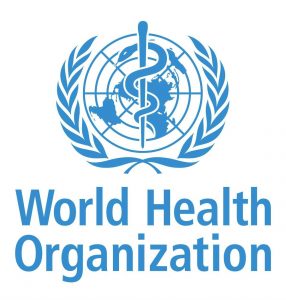Fair Share for Health And Care Report : WHO

The World Health Organization (WHO) released a new report titled- Fair Share for Health and Care report, addressing the gender gap in global healthcare.
Key Highlights of the Report:
- Women comprise 67% of the paid global health and care workforce.
- Additionally, they perform an estimated 76% of all unpaid care activities.
- This highlights significant gender disparities in both paid and unpaid care work.
- Women in low- or middle-income countries could be USD 9 trillion better off if their pay and access to paid work were equal to that of men.
- Women are not adequately represented on decision-making tables.
- Women are overrepresented in lower-status roles, comprising the majority of nurses and midwives.
- They are, however, underrepresented in leadership roles. Medical specialties are still dominated by men.
- Women made up 25% to 60% of doctors but between 30% and 100% of nursing staff across 35 countries.
- Chronic underinvestment in health and care work has led to a vicious cycle of unpaid care work, reducing women’s participation in paid labour markets, hindering economic empowerment, and impeding gender equality.
- Pay gaps limit women’s investment in their family and community, which is where they are likely to reinvest.
- Globally, on average, 90% of women’s earnings are directed towards their families’ well-being, compared to only 30-40% of men’s.
- Women in healthcare disproportionately experienced higher levels of gender-based violence.
- According to some estimates, a quarter of workplace violence across all sectors of the globe occurs in healthcare.
- At least half of all employees in the healthcare sector have reported experiencing violence at some point in the workplace.
- In India, women spent around 73% of their total daily working time (that is, the combined average time spent on unpaid and paid work recorded through national daily time-use surveys) on unpaid work, compared to men who spent around only 11% of their daily working time on unpaid work.
- In the United Kingdom, nearly 4.5 million people took on unpaid work during Covid-19, 59% of whom were women, with nearly 3 million working simultaneously.




